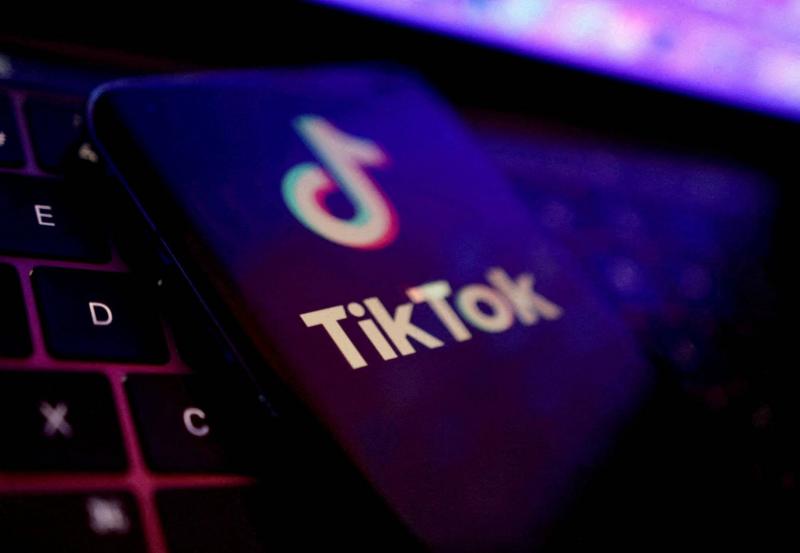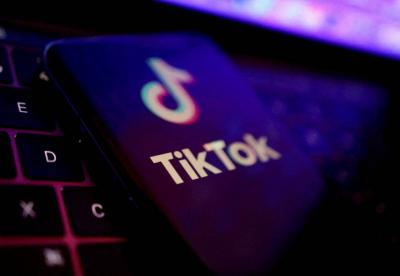A gang specializing in child abduction and assault, operating between Beirut and Mount Lebanon, has been apprehended by security forces. A judicial source clarified that "the majority of the investigation into the members of this network is conducted under the supervision of the public prosecutor in Mount Lebanon, judge Ghada Aoun," expecting that "the circle of arrests will expand to include everyone related to these crimes; especially since the offense is not limited to child rape, but includes those who were forced to use drugs to turn them into addicts, making it easier for them to be sexually assaulted or used for other purposes." The source confirmed that "the biggest obstacle in the investigation is the lack of complete identities of the other involved individuals and verifying that the names available to investigators are accurate." The source also noted that "professional gangs always take preventive measures by hiding behind names to avoid being discovered and apprehended." The Internal Security Forces in Lebanon announced they had arrested a gang known as "TikTokers" (activists on TikTok) who lure children for sexual assault.
### Unraveling the Network
Lebanese security agencies have intensified their investigations to dismantle the threads of this large network. A security source involved in this case stated, "there is a large gang comprising more than 30 people actively involved in identifying and befriending children before luring and trapping them," indicating that "the Cybercrime Combat Office is conducting intensive investigations under the supervision of the relevant judiciary, and so far, six individuals have been arrested based on available evidence of their involvement in these acts." The "internal security" announced in a statement on Wednesday that "after several minors reported to the public prosecution that they had been sexually assaulted and photographed by members of an organized gang, following a month-long investigation and information gathering, the Cybercrime and Intellectual Property Protection Office within the Special Investigative Unit of the judicial police, with the assistance of a special task force in the same unit, has so far arrested six individuals in Beirut, Mount Lebanon, and northern Lebanon, including three minors known for their popularity on TikTok, who are of Lebanese, Syrian, and Turkish nationalities." The investigation is ongoing under the supervision of the relevant judiciary, working to apprehend all members of the gang.
The threads of this case began to unravel through complaints filed by the relatives of several children, which prompted security forces to initiate investigations. A security source reported that the "Cybercrime Office" started tracking accounts on TikTok that raised suspicions, revealing that their owners were using fake names and that gang members were sharing roles. It was noted that about "ten individuals, including minors, are responsible for identifying children from followers of this application, luring them, and handing them over to others for sexual assault, drug involvement, and encouraging addiction." The investigation has so far identified 26 individuals involved, including six arrested, one of whom is a well-known hairstylist. However, their arrest remains under investigation based on the available suspicions and no formal charges have been filed pending the conclusion of initial reports and their referral to public prosecution.
### A Platform for Money Laundering
A "TikToker" may earn around $10,000 in just five minutes of live streaming through audience interaction. This raises the question: why would wealthy sponsors fund TikTokers with such enormous amounts? The answer is quite simple; nothing is free in the world of TikTok. Following the notion of "give me and I'll give you," these wealthy sponsors finance some TikTok accounts through pre-arranged agreements, in a veiled deal centered around money laundering and profit sharing. Sources clarify: "For each operation, there is a percentage for the platform and a share for the TikToker, who receives the returns through unlicensed and illegal money transfer platforms, then the TikToker returns part of the funds they received to the sender through a special transfer mechanism," or sends it to accounts abroad and later transfers it to Lebanon to integrate it into legitimate financial systems. At this stage, the TikToker also loses about 10% of the money, going to the unlicensed money transfer company for the withdrawal. Moreover, approximately 40% of the money sent to them via TikTok is shared with the money sender, with the money launderer taking 20%.
Money launderers are often drug traffickers or heads of prostitution networks, and "messing" with them is not an easy matter; any betrayal by the TikToker does not go unnoticed. Numerous scandals have surfaced between money launderers and TikTokers, leading to account closures due to failure to fulfill promises of sending the 20% share or more to the money launderers who laundered it through them. One of the most notable scandals that came to light last April involved a Palestinian drug trafficker who closed multiple accounts of a Lebanese TikToker, accusing him of stealing money transferred to him and not giving him his share from the money laundering operation.




